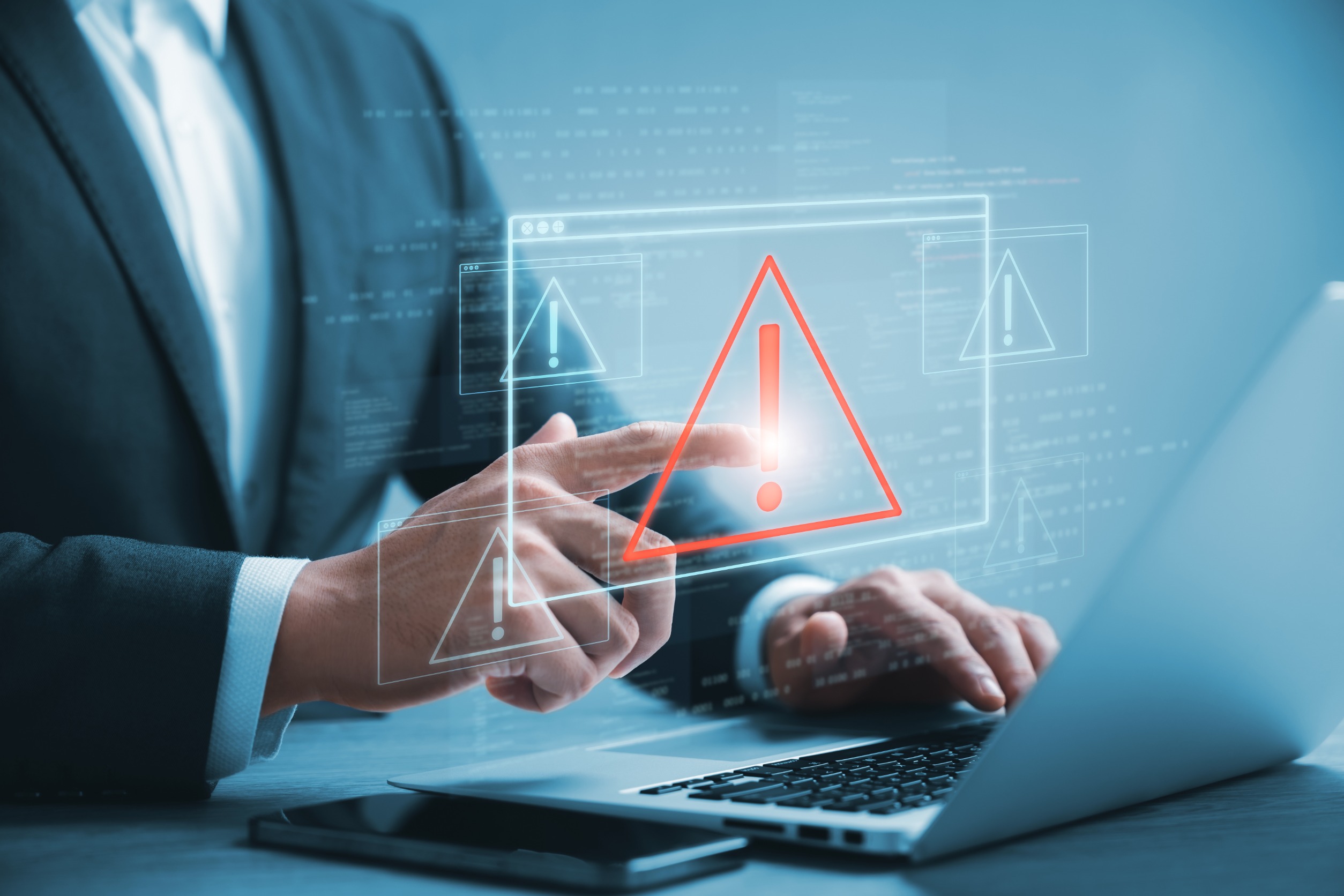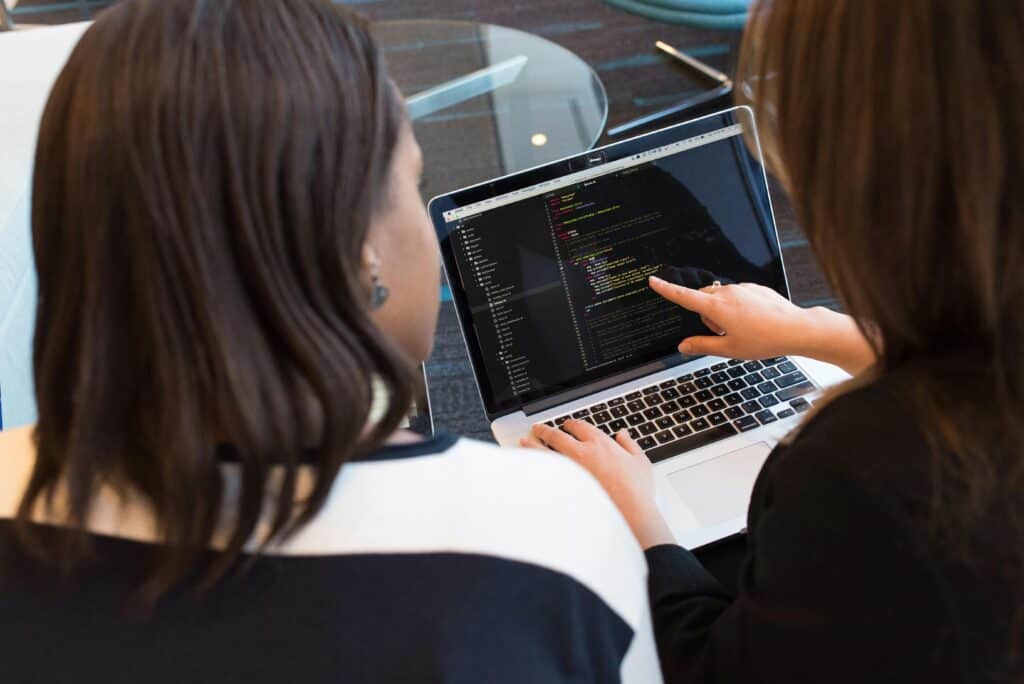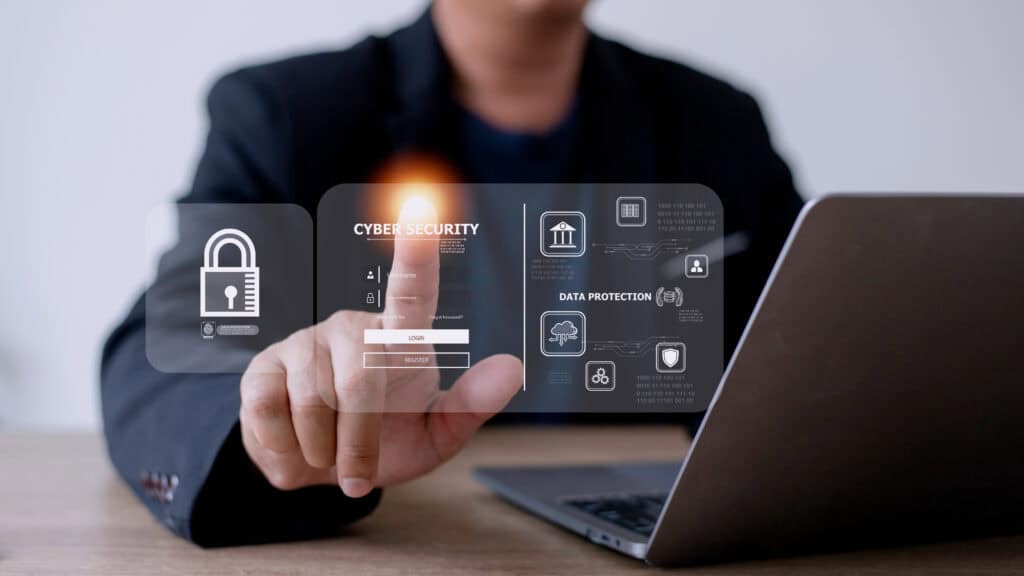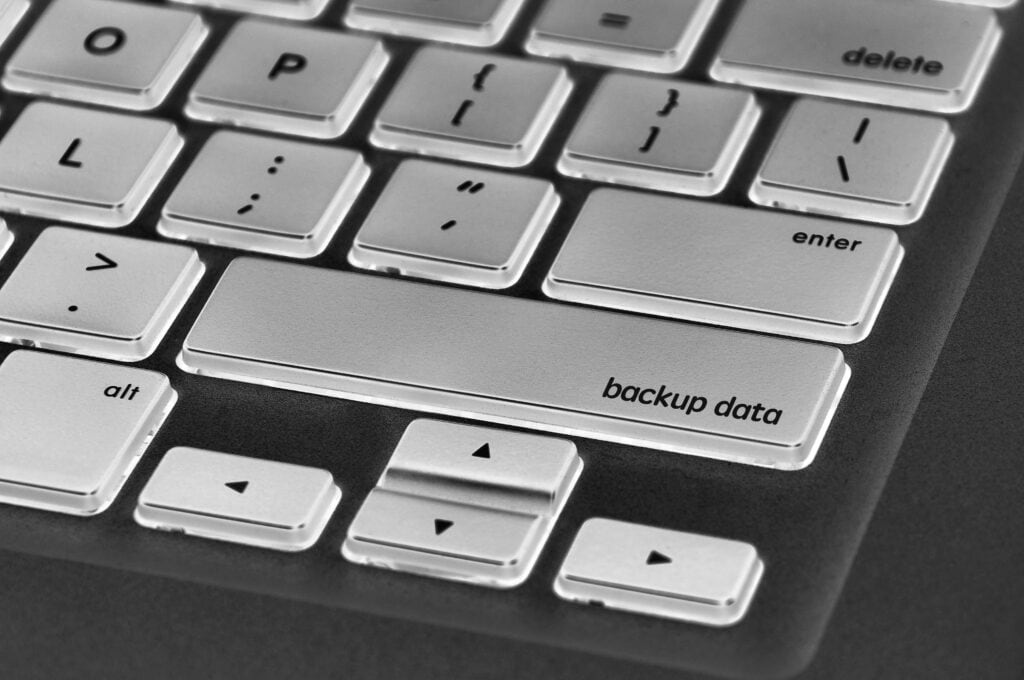- Smaller businesses are just as vulnerable to cyberattacks as large corporations. Implementing basic security measures like strong passwords, multi-factor authentication (MFA), and regular software updates can significantly reduce risks.
- Cybercriminals often target employees through phishing and social engineering. Regular cybersecurity training helps staff recognize threats, secure business devices, and practice safe internet habits, reducing human error.
- Businesses should back up critical data, secure Wi-Fi networks, and limit access to sensitive information. Using network monitoring tools and having a clear incident response plan ensures quick action against potential cyberthreats.
Cybersecurity is no longer just a concern for large corporations. Small and medium-sized businesses (SMBs) are just as vulnerable—if not more so—because they often lack the strong security measures of bigger companies. Cyberthreats are ever-evolving, and even a single weak spot in your business’s security can lead to devastating consequences.
The good news? Many cyberthreats can be prevented by following simple cyber hygiene practices. By making cybersecurity a routine part of your business operations, you can significantly reduce your risk and keep your company’s data safe.
Use Strong, Unique Passwords for Every Account
It might seem obvious, but weak passwords remain one of the biggest security risks for businesses. Many employees still use easy-to-guess passwords like “password123” or reuse the same credentials across multiple accounts. Hackers take advantage of this by using stolen login information from one breach to access other systems.
The best way to prevent this is by enforcing strong password policies. Employees should create passwords that are at least 12 characters long and include a mix of letters, numbers, and symbols. Avoid using personal information like birthdays or pet names. Using a password manager can help employees keep track of their unique passwords without the need to write them down or reuse them.
Enable Multi-Factor Authentication (MFA)
Even with strong passwords, hackers can still find ways to break into accounts. Multi-factor authentication (MFA) adds an extra layer of security by requiring an additional verification step—such as a code sent to a mobile device or biometric authentication—before granting access.
MFA is one of the simplest yet most effective ways to protect sensitive business accounts. If a hacker steals a password, they still won’t be able to access the account without the second authentication factor. Implementing MFA across email, financial accounts, and other critical business applications can greatly reduce the risk of unauthorized access.
Keep Software and Systems Updated
Outdated software is a prime target for cybercriminals. Hackers often exploit known vulnerabilities in outdated operating systems, applications, and plugins to gain access to business networks. Once inside, they can steal data, install malware, or even lock down systems with ransomware.
To protect against this, businesses should regularly update all software, including operating systems, web browsers, antivirus programs, and business applications. Many updates contain important security patches that fix known vulnerabilities. Enabling automatic updates can help ensure that your business is always running the latest and most secure versions of software.
Educate Employees on Cybersecurity Best Practices
Your employees are the first line of defense against cyberthreats, and their actions can either strengthen or weaken your business’s security. Cybercriminals frequently use phishing emails, social engineering, and other deceptive tactics to trick employees into revealing sensitive information or clicking on malicious links.
Regular cybersecurity awareness training can help employees recognize these threats and respond appropriately. Training sessions should cover how to spot phishing emails, the importance of verifying requests for sensitive information, and safe browsing habits. By making cybersecurity awareness a routine part of your workplace culture, you can significantly reduce the risk of human error leading to a breach.
Secure Your Wi-Fi Network
An unsecured Wi-Fi network is an open invitation for hackers. If cybercriminals gain access to your business’s network, they can intercept sensitive data, install malware, or exploit connected devices.
Businesses should use strong, unique passwords for their Wi-Fi networks and change default credentials on routers and access points. Enabling WPA3 encryption provides the best level of security for wireless networks. If your business allows guests to connect to Wi-Fi, set up a separate guest network to prevent unauthorized access to internal systems.
Back Up Data Regularly
Data loss can happen for many reasons—cyberattacks, hardware failures, or even accidental deletion. Without proper backups, businesses risk losing critical information that could disrupt operations and lead to financial losses.
To prevent this, businesses should implement a thorough backup strategy. Regularly back up important files and store copies in multiple locations, including secure cloud storage and offline backups. It’s also best to test backups periodically to check that they can be restored in case of an emergency. Having a reliable backup system can make all the difference in recovering from a cyberattack with minimal disruption.
Limit Access to Sensitive Data
Not every employee needs access to all business data. The more people who have access to sensitive information, the greater the risk of accidental or intentional data exposure. Businesses should implement the principle of least privilege, meaning employees only have access to the data and systems necessary for their job roles.
Using role-based access controls (RBAC) can help manage permissions effectively. Regularly reviewing and updating access levels ensures that former employees and unnecessary users do not retain access to critical business systems.
Secure Business Devices
Laptops, smartphones, and tablets are essential tools for modern businesses, but they also introduce security risks if not properly protected. Lost or stolen devices can lead to data breaches if sensitive business information falls into the wrong hands.
Businesses should require employees to use device encryption, strong passcodes, and remote-wipe capabilities to protect corporate data. Installing mobile device management (MDM) software can help IT teams enforce security policies and remotely lock or erase lost devices. Additionally, ensuring that business devices are used exclusively for work-related tasks can help reduce exposure to malware and phishing scams.
Be Cautious with Public Wi-Fi
Employees who work remotely or travel for business often connect to public Wi-Fi networks, such as those in coffee shops, hotels, or airports. While convenient, public Wi-Fi is notoriously insecure and can expose sensitive data to cybercriminals.
Using a virtual private network (VPN) is a simple way to protect data when connecting to public networks. A VPN encrypts internet traffic, making it much harder for hackers to intercept and steal sensitive information. Encouraging employees to avoid accessing business accounts over public Wi-Fi without a VPN can significantly enhance cybersecurity.
Monitor and Respond to Security Threats
Cyberthreats are always evolving, and businesses must stay vigilant to protect their systems. Implementing network monitoring tools can help detect suspicious activity, such as unauthorized login attempts, unusual data transfers, or malware infections.
Having a clear incident response plan makes sure that your business can respond quickly and effectively to security incidents. Employees should know how to report suspicious activity, and IT teams should have predefined steps for containing and mitigating threats. The faster a business can identify and respond to a security incident, the less damage it can cause.
At CMIT Solutions of Tampa South, we can help you with all your cybersecurity and IT needs, including protecting you from phishing emails. Contact us today to get started!





